 Let me preface this post by saying, discussing my personal struggles with pain is my least favorite subject. The only reason I’m even broaching this subject is because I discovered a cool connection between writing and pain management, and I hope it’ll help those who need it.
Let me preface this post by saying, discussing my personal struggles with pain is my least favorite subject. The only reason I’m even broaching this subject is because I discovered a cool connection between writing and pain management, and I hope it’ll help those who need it.
Last week, New Hampshire got hammered with one snowstorm after another, the totality of which resulted in snowbanks taller than I am. With such unsettled barometric pressure and weather patterns, my RA and psoriatic arthritis kicked into overdrive. For me, writing has always been the best pain medicine. When I’m in the zone, I leave my fractured skeleton in the chair and escape into my fictional world. But something—email, social media, direct messages, marketing, blogging, phone calls, and texts—kept yanking me out of my fictive dreamland when I needed it most, and the moment it did, my body screamed in protest.
And so, for self-preservation, I climbed back into my writing cave, padlocked and soundproofed the door behind me. Hence why you didn’t see me in the comment section last week, or on social media. For once, I put my own wellbeing above everything else. By the time I emerged from the writing cave a week later, I’d added over 30K words to the WIP. Now, I only have one or two chapters left to reach The End of Mayhem Series #7. Yay!
Anywho…
The U.S. Pain Foundation describes chronic pain as the following:
When you try to put your hand over a hot burner on the stove, your brain signals to you that it’s hot and you quickly move your hand away. This acute pain center lights up circuits in the nociceptive area, the acute brain center, alerting you to move away.
Imagine if you can’t move your hand away from the burner even though you know it’s going to hurt. You get that signal telling you it’s too hot, but you cannot move your hand away. How would you feel? Angry? Enraged? Fearful? Panicked? You can’t stop the pain even though you know it’s coming. These natural emotions set off chemicals and hormones like fight-or-flight adrenaline, cortisol, and histamines which sensitize the nervous system, raise anxiety levels, and amplify our sensation of pain.
Is it any wonder we’d seek an escape?
With chronic pain, the pain travels through the emotional area of the brain or sympathetic nervous system. The emotion and pain pathways are so closely linked that it’s only possible to experience meaningful pain relief when you break this connection. Separating our emotions from our pain pathway is a learned skill, and writing plays an important role.
When we write, our brains release chemicals that calm the nervous system. Daily writing creates new neural circuits in the brain, giving us new ways to respond to old pain triggers. The new, healthy circuits eventually grow stronger than the old pain circuits.
A 1986 study uncovered something extraordinary, something that inspired generations of researchers to conduct several hundred more studies.
The gist is this. Professor Pennebaker asked students to spend 15 minutes writing about the biggest trauma of their lives. Or, if they hadn’t experienced trauma, to write about a difficult time. Meanwhile, a control group spent the same number of sessions (4) writing a description of something neutral like a tree or their dorm room.
For the six months that followed the study, the professor monitored how often students visited the health center. Remarkably, the students who’d written about their trauma and real emotions made significantly fewer trips to the doctor. Ever since, the field of psychoneuroimmunology has been exploring the link between what’s now known as expressive writing, and the functioning of the immune system. Psychoneuroimmunology studies examine the effect of expressive writing on everything from asthma and arthritis to breast cancer and migraines, with surprising beneficial results.
Writing even heals physical wounds faster.
Brave volunteers engaged in expressive writing; a second group did not. Days later, they were all given a local anesthetic and a punch biopsy at the top of their inner arm. Researchers monitored the 4mm wounds. The volunteers who engaged in expressive writing healed faster than the others.
What does the act of committing words to paper do? Initially it was assumed this occurred through catharsis, that people felt better because they’d released pent-up emotions. But then Pennebaker dissected the language used by the two groups.
The fast healer’s point of view changed over the course of the four sessions. They began with 1st person, then moved to deep 3rd, suggesting they were looking at the event from different perspectives. They also used “because” and the like, implying they were making sense of the events and putting them into a narrative. The results proved the simple act of labeling your feelings and putting them into a story boosts the immune system.
Sounds a lot like crafting fiction steeped in real emotion, doesn’t it?
What Pennebaker found curious but makes perfect sense to me (and you, probably) is that simply imagining a traumatic event and writing a story about it also made wounds heal faster, concluding that the writing has less to do with resolving past issues and more to do with finding a way of channeling real emotions.
Despite several decades of research showing that writing works to manage pain, it’s rarely used clinically. Also, the process works better for some people than others, depending on how well they engage with the process.
So, the next time you’re in pain, lock yourself away in your writing cave. Your body and WIP will both thank you. 😉
Do you have any personal experience to share? What do think about these studies?

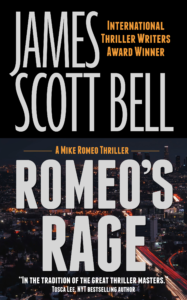


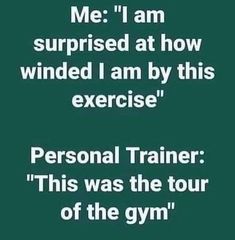


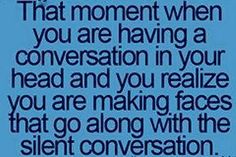
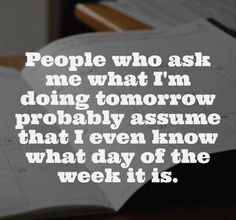
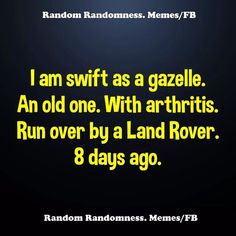
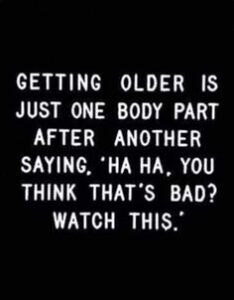
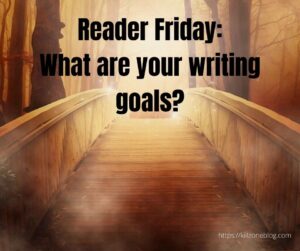 What are your writing goals for 2020? Are you on track to achieve those goals?
What are your writing goals for 2020? Are you on track to achieve those goals?  Writers wear many hats… wife/husband, mother/father, sister/brother, friend, marketer, editor, (some add) publisher, (some add) cover designer, (some add) audiobook narrator, (some add) speaker, (some add) coach, housekeeper, bookkeeper, blogger, social media user/expert, tax preparer, holiday host, baker, cook, etc., etc., etc.
Writers wear many hats… wife/husband, mother/father, sister/brother, friend, marketer, editor, (some add) publisher, (some add) cover designer, (some add) audiobook narrator, (some add) speaker, (some add) coach, housekeeper, bookkeeper, blogger, social media user/expert, tax preparer, holiday host, baker, cook, etc., etc., etc.
